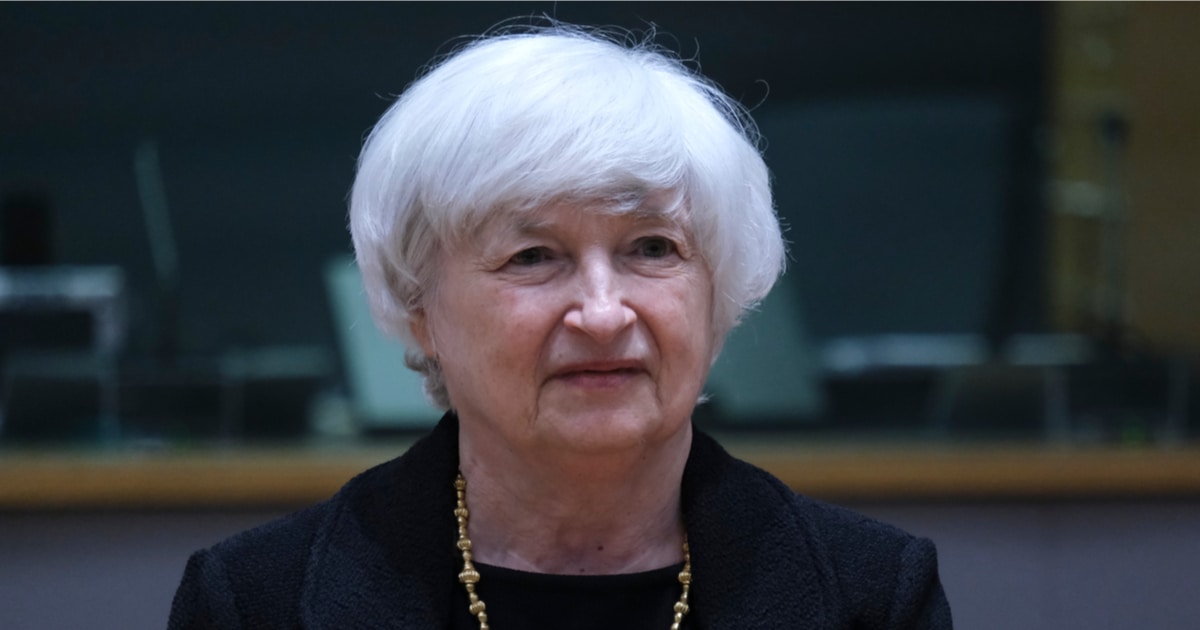U.S. Treasury Undersecretary Proposes Reforms to Strengthen Cryptocurrency Enforcement Against International Bad Guys

US Treasury Undersecretary Adewale Adeyemo proposes reforms to strengthen enforcement against cryptocurrencies, including secondary sanctions, extraterritorial jurisdiction, and new secondary sanctions tools.
U.S. Treasury Undersecretary Adewale Adeyemo detailed three potential changes at a recent hearing aimed at strengthening enforcement against foreign criminals using cryptocurrencies. The aim of these measures is to strengthen authorities’ capacity to tackle financial crime in the cryptocurrency sector and address the growing use of digital assets for illicit financing.
The first option presented by Adeyemo is to implement secondary sanctions that explicitly target foreign providers of digital assets involved in illicit financing. By enacting secondary penalties, the U.S. Treasury hopes to deter these suppliers from supporting illegal activities and disconnect them from the international financial system. By strengthening the accountability of digital asset platforms and service providers, this policy will make it more difficult for dishonest people to use cryptocurrencies for illicit activities.
Expansion of jurisdiction of authorities to extend extraterritorial jurisdiction
Adeyemo proposes a second change that would require authorities to expand beyond borders when financial systems are abused by companies using digital assets to undermine national security. This increase will allow U.S. law enforcement officials to track and punish foreign criminals who use cryptocurrencies for illegal activities even if they do not reside in the United States. This reform aims to ensure that companies and individuals involved in illicit financing cannot evade responsibility by reducing jurisdictional gaps and leveraging the global nature of digital assets.
Introducing a new secondary sanctions tool
Adeyemo’s third proposal is to introduce a new secondary sanctions mechanism. The specifics of this tool are unknown, but it is expected to provide additional ways to target and deter offshore suppliers of digital assets involved in illicit financing. By using cryptocurrency, this technology will strengthen the Treasury Department’s ability to disrupt the financial networks of foreign criminal organizations and complement the current sanctions regime.
These amendments were proposed in response to growing concerns about the use of cryptocurrencies by criminal actors such as terrorist organizations, drug traffickers, and state-sponsored organizations. Adeyemo emphasized that Congress must provide more support to enact laws that specifically address the key players and essential functions of the digital asset ecosystem, as well as jurisdictional issues related to crackdown on international cryptocurrency businesses.
By implementing these measures, the U.S. government hopes to maintain the integrity of the global financial system, strengthen enforcement capabilities, and strengthen international cooperation in the fight against financial crime using cryptocurrencies.
Image source: Shutterstock


